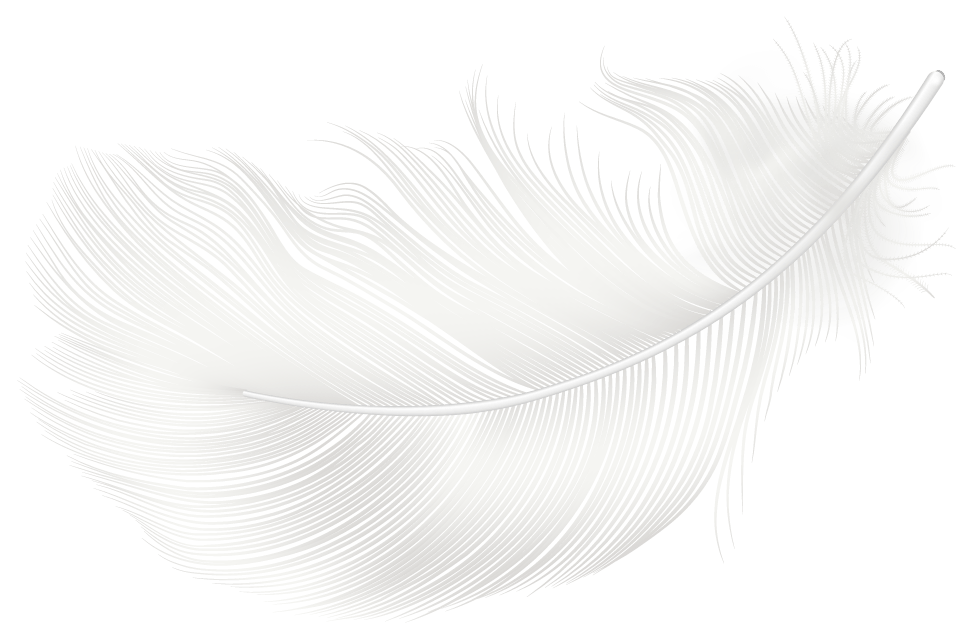Addiction
You can become addicted to anything: alcohol, drugs, food, gaming, sports, watching TV…
What initially feels good grows into something you can no longer do without and which controls your daily life.
There are two types of addictions:
- to substances (such as sugar, fat, alcohol, medicines and drugs)
- to behaviour (such as buying, working, sex, social media, telephone, watching TV, gambling and game addiction).
Addiction often starts with occasionally taking or doing something that immediately makes you feel good, but then, unnoticed, you increasingly need a ‘shot’, you need a larger amount or you need it for a longer duration.
In extreme cases, you may find yourself focused on your addiction all day long. You can no longer function normally and you can even lose your job, friends and family because of it.
1,6 million Dutch people are addicted to alcohol, tobacco, sleeping pills and tranquillizers.
Ingeborg Bosch explains how PRI looks at addiction.
Prevent a relapse.
An addiction helps you not to feel bad feelings. It is a survival mechanism that dampens negative emotions, such as fear, insecurity, stress, loneliness and sadness.
From a PRI point of view, we know that these kinds of emotions hide even deeper pain. Painful childhood experiences that we could not process and that unconsciously still influence your everyday life.
The addiction also makes you believe that you can still get what you needed as a child by giving in to your addiction. Because muting your bad feelings feels good, as well as the idea that you can still get what you need, this makes it so difficult to stop your addictive behaviour.
How can PRI help you?
PRI gives you concrete and practical tools to break through your mental dependence on your addictive behaviour. The physiological dependence that plays a role in certain addictions is not that difficult to break. Usually, this is just a matter of abstinence for a few days.
The mental dependence is more difficult to break because on one hand they suppress your painful feelings and on the other hand, they constantly create the illusion that you get what you need. In a PRI trajectory, you learn step by step to allow feelings and together with your therapist, you will discover which old, painful feelings are driving your addiction.
By allowing these feelings you will see that there are no threats in the present that you need to numb with your addiction. In this way, your addiction loses its function and you regain your independence.

By applying PRI something has changed on a deep level so that the change in my patterns does not take much effort anymore. I don’t have to maintain a change in willpower and perseverance.
